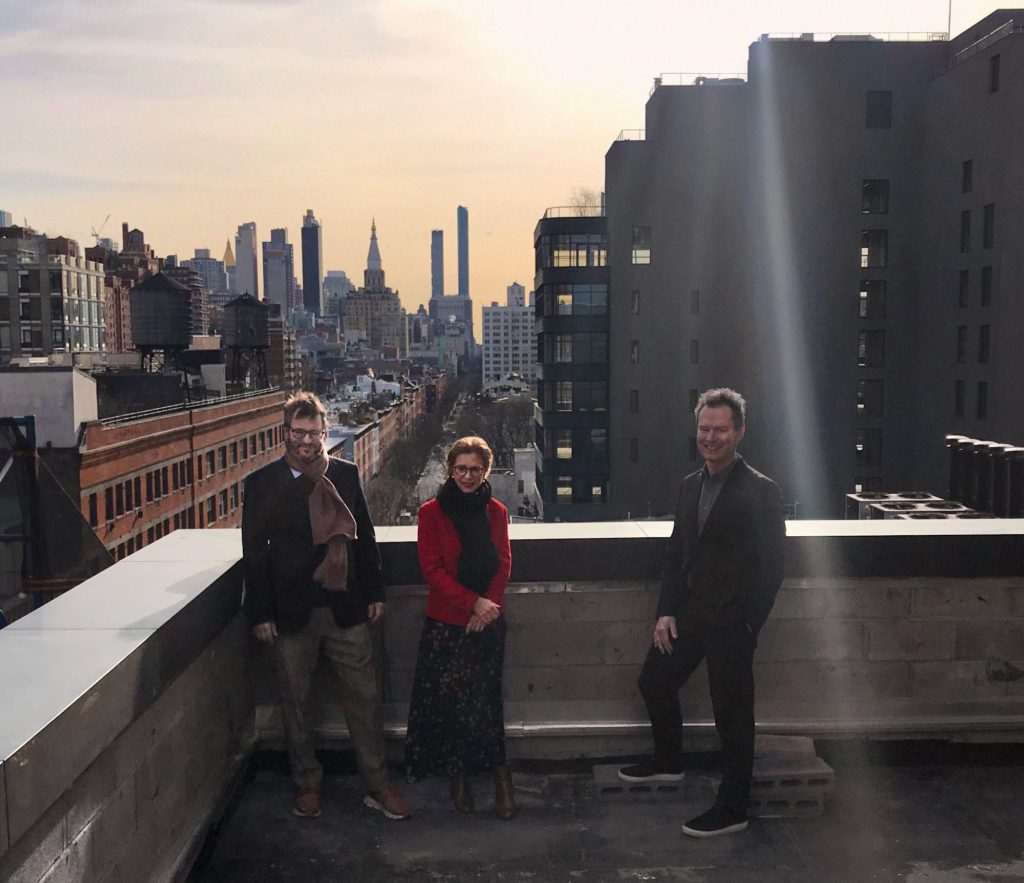Galleries
Mega-Gallery Hauser & Wirth Has Pledged to Donate 10 Percent of All Sales From Its Online Shows to the World Health Organization
Forthcoming online shows will focus on George Condo, Rashid Johnson, and Lorna Simpson.

Forthcoming online shows will focus on George Condo, Rashid Johnson, and Lorna Simpson.

Javier Pes

The leading international art gallery Hauser & Wirth is donating 10 percent of its online sales proceeds to the World Health Organization (WHO), the UN agency leading the fight against the coronavirus pandemic.
“We cannot make protective masks. Other people are doing that,” gallery cofounder Iwan Wirth tells Artnet News. “But in the art world, we can raise money.”
The gallery’s next online exhibition, which opens on Friday, will feature works by George Condo, with solo exhibitions by Lorna Simpson and Rashid Johnson to follow.
“All three will hopefully be very successful and most likely will be sold out” Wirth says. They follow the gallery’s inaugural online show of Louise Bourgeois’s drawings, which it launched last week. The gallery plans to continue to donate money from the online sales for as long as the crisis lasts.
Iwan and Manuela Wirth, along with gallery co-director Marc Payot, their colleagues together with artists they represent, chose to help the WHO because of the scale of the rapidly worsening pandemic, particularly as it spreads from the developed world to poorer countries.
“We felt that charitable action is needed, but it is needed on a global scale,” Wirth says.
The mega-gallery is also considering how it can best help communities and artists in the many cities around the world where it has galleries.
“We need to turn our attention to the local situation beyond the health crisis,” says Wirth, who sits on the boards of several nonprofit arts institutions, including the Royal Academy of Arts in London and the California Institute of the Arts.
“They live off two things, sponsors and their annual fundraising events,” Wirth said, referring to arts nonprofits in general. “Imagine what is going to happen in the fall? The annual events won’t happen and the sponsors are gone.” CalArts’s supporters, he says, have already pulled together some emergency funds.
Wirth, who is working from home in Somerset in the West of England, near where Hauser & Wirth has its rural gallery, says one of the major lessons to emerge from the coronavirus pandemic was the need for a worldwide response to a worldwide problem.
“This type of crisis cannot be solved by governments,” he says. “That’s why it has become so bad. It needs to be a global response.”
He adds that televised images of the exodus of more than 1.5 million migrant workers in India amid the country’s lockdown confirmed Hauser & Wirth’s decision that it should focus on supporting the WHO.
“We are busy working on online exhibitions, but you realize we are privileged in the West. Wherever you look, the one organization that is always there is the World Health Organization.”